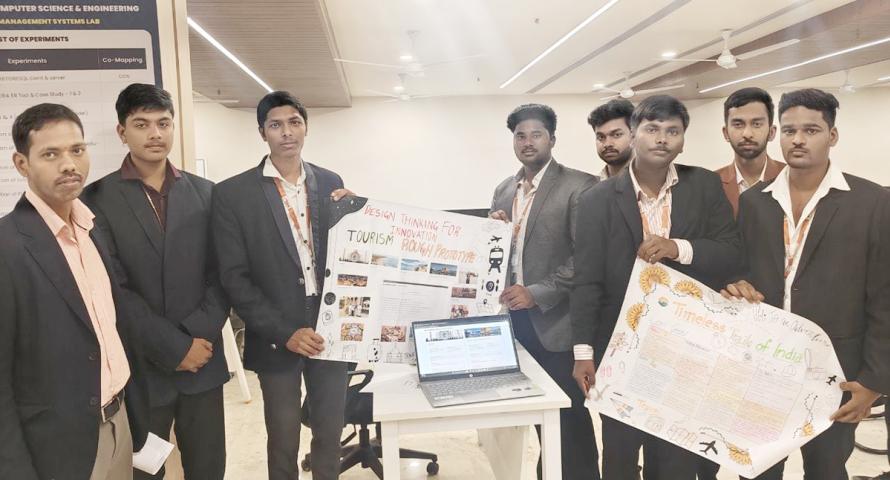The emergence of print on demand (POD) services has revolutionized the e-commerce landscape, allowing entrepreneurs to start T-shirt businesses with minimal upfront investment and inventory risks. In India, the POD model has gained significant traction, offering opportunities for creativity and entrepreneurship. However, like any business model, POD T-shirt dropshipping in India comes with its own set of challenges. This article explores some of the key challenges faced by entrepreneurs in the custom POD T-shirt industry and offers insights into how these challenges can be addressed.
1. Quality Control and Printing Standards
One of the foremost challenges in custom POD T-shirt dropshipping is maintaining consistent quality and printing standards. Customers expect high-quality prints that match their design expectations. However, variations in printing technologies, color accuracy, and fabric quality can lead to inconsistencies. Ensuring that each T-shirt meets quality standards requires working closely with printing partners and conducting regular quality checks. Choosing POD suppliers with a reputation for quality and reliability is crucial to maintaining customer satisfaction and brand credibility.
2. Design and Artwork Preparation
Creating compelling designs that resonate with target audiences is essential for success in the T-shirt POD business. However, designing artwork that translates well onto T-shirts can be challenging. Factors such as color matching, file formats, and artwork resizing need careful consideration. Moreover, managing a diverse range of design requests from customers adds complexity. Entrepreneurs must invest in graphic design skills or collaborate with designers to ensure their T-shirt designs are visually appealing and marketable.
3. Inventory Management and Product Variety
Unlike traditional retail models, Print on demand T-shirt dropshipping in India eliminates the need for inventory storage and management. While this reduces upfront costs and risks, it also limits the ability to offer immediate product availability. Entrepreneurs must carefully manage their product catalog and ensure a balance between offering variety and maintaining manageable SKU (Stock Keeping Unit) counts. POD platforms with robust catalog management tools and integrations with e-commerce platforms can help streamline inventory management and expand product offerings efficiently.
4. Shipping and Logistics Challenges
Efficient shipping and logistics are critical to the success of any e-commerce business, including POD T-shirt dropshipping. In India, navigating the complexities of domestic and international shipping can be daunting. Factors such as shipping costs, delivery times, and packaging solutions require careful consideration. Choosing shipping partners with reliable services and competitive rates is essential to providing a positive customer experience. Additionally, optimizing order fulfillment processes and leveraging technology for tracking and managing shipments can help mitigate logistical challenges.
5. Customer Expectations and Service
Meeting customer expectations is paramount in the competitive POD T-shirt market. From product customization options to shipping timelines, customers expect a seamless and personalized shopping experience. Handling customer inquiries, feedback, and returns efficiently requires proactive communication and responsive customer service. Building trust and loyalty through excellent customer support can differentiate your POD business in a crowded marketplace.
6. Market Competition and Differentiation
The POD T-shirt market in India is increasingly competitive, with numerous players vying for consumer attention. Standing out amidst competitors requires innovative marketing strategies, unique product offerings, and effective branding. Entrepreneurs must continually innovate and adapt to changing market trends to attract and retain customers. Differentiation through exclusive designs, sustainable practices, or niche market targeting can help carve out a distinctive brand identity.
7. Legal and Compliance Considerations
Navigating legal and compliance requirements is crucial for operating a Print on demand business in India. This includes intellectual property rights, copyright laws, and compliance with e-commerce regulations. Ensuring that all designs and artworks used comply with copyright and trademark laws is essential to avoid legal disputes. Entrepreneurs should stay informed about regulatory changes and seek legal counsel if needed to ensure business practices are compliant and ethical.
Conclusion
While the print-on-demand T-shirt dropshipping model offers numerous advantages for aspiring entrepreneurs in India, it also presents challenges that require careful planning and execution. By addressing quality control issues, optimizing design processes, managing inventory effectively, streamlining shipping logistics, prioritizing customer satisfaction, differentiating from competitors, and adhering to legal requirements, entrepreneurs can navigate these challenges successfully. With dedication, creativity, and strategic decision-making, the POD T-shirt business in India holds immense potential for growth and profitability.

















